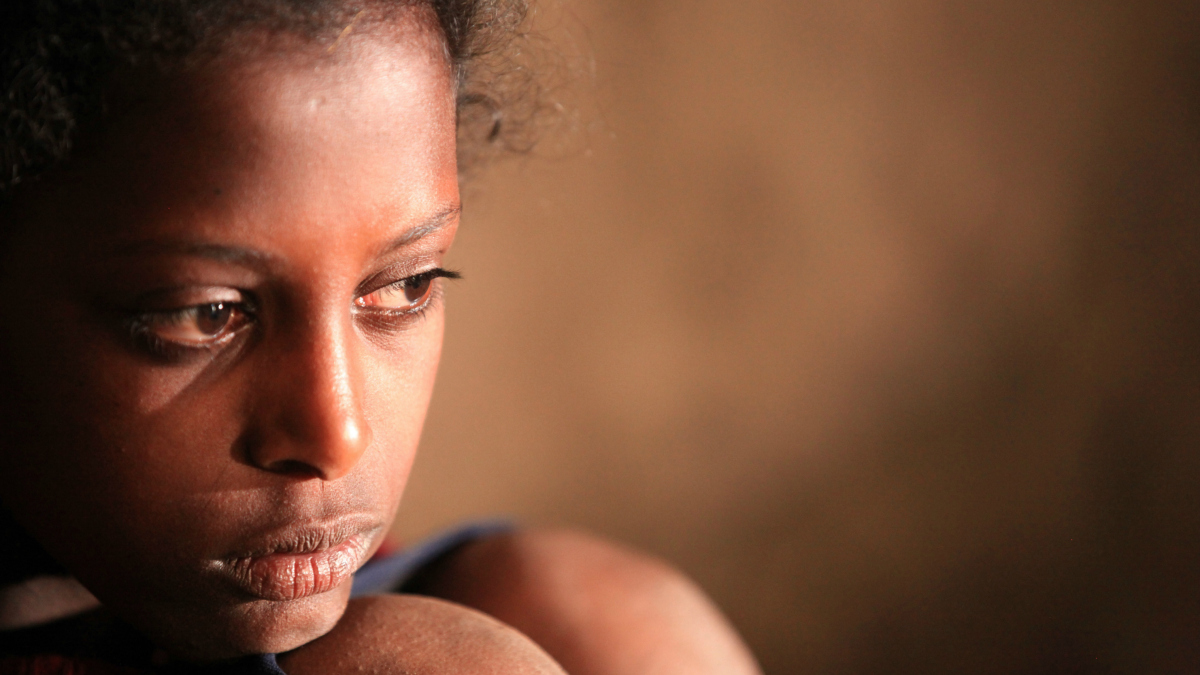BBC OnLine
12 November 2014
A new feminist film classification is to be used at this year’s Bath Film Festival to highlight the lack of women working in the movie industry.
Organisers believe it is the first UK festival to use the “F-rating” which will go to 17 of the 42 films being shown.
Films with a female lead, director or are about women will get the rating.
Festival producer Holly Tarquini said she hoped it would create debate and equal representation in film.
She said the F-rating was inspired by US cartoonist Alison Bechdel whose 1985 comic strip Dykes to Watch Out featured two women discussing “movies”.
The cartoon became known as the “Bechdel Test” with the characters deciding a film should include at least two women who talk to each other about something besides a man.
Ms Tarquini said: “If our films have a female director, a female lead who is not simply there to support the male lead, or are specifically about women then they will receive an F-Rated stamp of approval.”
The under-representation of female screenwriters and directors is backed up by the British Film Institute’s (BFI) Statistical Yearbook for 2013.
BFI figures showed that in 2011, 15% of all UK films released were directed by women, but in 2012, this went down to 7.8%.
Director Elaine Constantine said she thought the F-rating was “a good idea even if it only serves to highlight who the women film makers are”.
“It’s a job that takes balls. The laws in this country changed a long time ago in order to stamp out sexual discrimination.
“But unfortunately culturally things don’t catch up as fast. I think role models are always a good thing – look at Kathryn Bigelow (director of The Hurt Locker and Zero Dark Thirty), it doesn’t get much better than that does it?”
Women in Film and Television chairwoman Elizabeth Karlsen said the F-rating was a “positive thing” if it raised awareness about the lack of women both on screen and behind the camera.
Ms Karlsen said: “But one concern would be that it could lead to some sort of segregation and we don’t want to be in that situation.
She said gender inequality still existed “on a national and global level” and it had to be addressed “at a young age” and to say to young girls and women “you have a story and a history to tell”.
Article was feature on the Homepage at the time.


